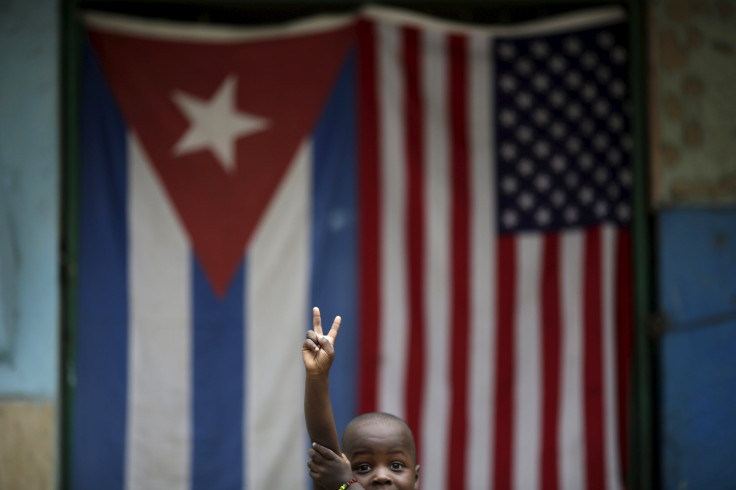What Will Happen To The Cuban Embargo Under President Trump? Havana Holds Rare Military Drills After US Election

Just two years after President Barack Obama and Cuban President Raúl Castro opened relations, easing restrictions on everything from trade and travel, a Donald Trump presidency is threatening the progress made between the two countries. Now, as fears grow over whether the next White House administration will continue America’s partnerships around the world, Cuba has declared five days of military action in an apparent attempt to showcase its strength and defensive operations against international attacks.
The nation is calling the following week of military drills an effort to "prepare the troops and the population to counter a range of enemy action," language commonly used by Cuba to address the United States during the Cold War era. Operations will include "movements of troops and war materiel, overflights and explosions in the cases where they're required," according to an official statement. The Cuban government has not tied its announced military operations to the presidential election, though such drills are not typical in the communist country.
Cuba declared a new military drill at the same time Trump's win was anounced https://t.co/upCRR0JtA8 pic.twitter.com/RfdJ6kY8A5
— Newsweek (@Newsweek) November 9, 2016
In fact, Cuba has only employed these military drills, dubbed Bastion Strategic Exercises, seven times in the nation’s history – often at times of tension between it and the United States – including this week’s surprise announcement. The country first began Bastion Strategic Exercises immediately after former President Ronald Regan was announced the victor of the 1980 presidential election.
While Obama promised a successful transition between his and Trump’s administrations Wednesday afternoon, it remains unclear what effect Trump will have on international relations with several countries, as well as the nation’s current standing in international bodies like NATO.
"I want to tell the world community that while we will always put America's interests first, we will deal fairly with everyone, with everyone," Trump said during his victory speech early Wednesday morning. "All people and all other nations. We will seek common ground, not hostility, partnership, not conflict."
In March, Obama was the first president to visit Cuba in nearly a century in a symbolic attempt to engage with the Cuban people and introduce a new chapter between the two nations. "The Cold War's been over for a long time," he said in April 2015. "I'm not interested in having battles that, frankly, started before I was born."
Most recently, embargos have lifted just weeks ago allowing for the unlimited sale of Cuban cigars and rum to American travelers visiting the country, some for the first time ever.
© Copyright IBTimes 2025. All rights reserved.






















